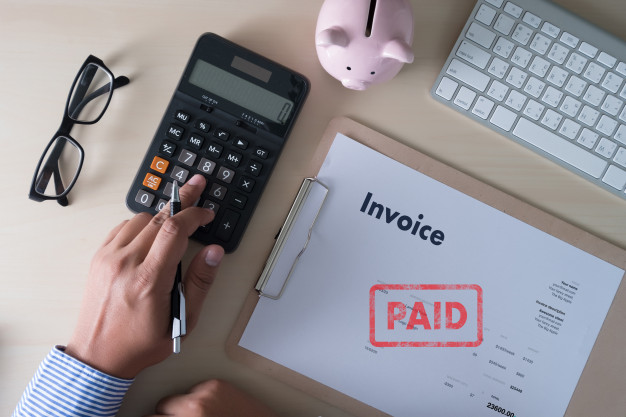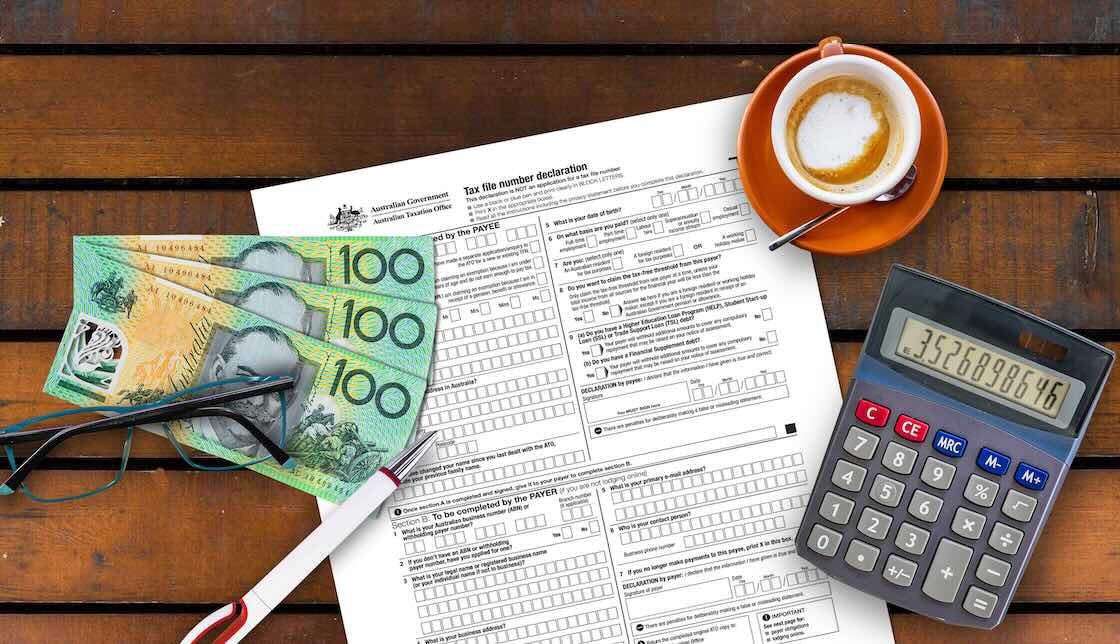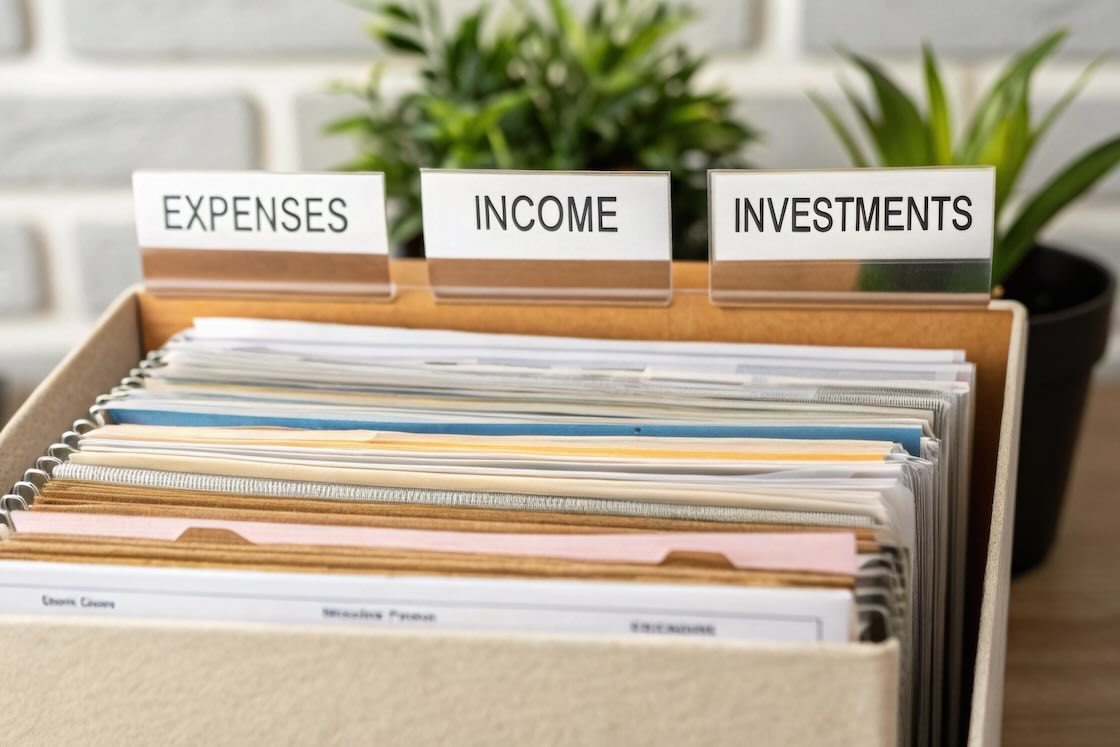[Updated August 20, 2024]
What can a business claim on tax in 2024? Business owner tax deductions include vehicle expenses, office costs, and employee wages, but it’s important to know how to claim these.
On the surface, taxes may seem straightforward, but various amendments to the tax code can keep even the savviest businessperson guessing. To a business owner tax deductions are an area of great confusion.
Our experts with over 35 years of combined experience have put together this handy guide to help you understand what can a business claim on tax and maximise your tax refund in 2024.
Business Owner Tax Deductions Summary
- Claimable Expenses: Includes business insurance, professional service fees, charitable donations to DGRs, advertising, educational expenses directly related to business, employee wages, office supplies, motor vehicle expenses, business travel, and superannuation payments for employees.
- Non-Claimable Expenses: Excludes political contributions, client entertainment, social association memberships, personal expenses unrelated to business, fines and penalties, non-uniform clothing, personal gifts, and GST claimed as a credit.
- Documentation Requirements: Keep detailed records like receipts, invoices, and travel diaries for five years to substantiate claims.
- Claiming Method: Deductions vary by business structure and must be claimed on the appropriate tax return (individual, partnership, trust, or company).
What Can a Business Claim on Tax?
The Australian Taxation Office is clear regarding the conditions necessary for expenses to be written off for your business.
- Expenses must be directly Related to earning income for the business
- You must have records to verify your claims
- Your expenses are exclusively for the business and not for private use. If a portion of the expenditure was for your company and a part was for your personal use, you may deduct the percentage that you paid out for business purposes.
Fortunately for Australian businesses, a significant number of expenses qualify as deductions under the ATO’s guidelines. This includes, but is not limited to:
Business Insurance
Whether you own, lease, or operate your company from your home, the amount of insurance you pay per year is deductible
Professional Service Fees
Any professional fees that you pay to help your business run well and make a profit is a deductible business expenses. This includes people such as outsourced virtual assistants, bookkeepers and lawyers. It also includes fees for software programs that your company uses.
Charitable Contributions
If you donate money or items of monetary value to qualifying organisations, you may deduct them, provided the organisation is endorsed as a Deductible Gift Recipient (DGR) by the Australian Taxation Office (ATO). Only donations to DGR-endorsed organisations are eligible for tax deductions.
Advertisement and Promotional Expenses
These include digital and print advertising as well as web design, website maintenance, and business stationary such as business cards or branded company products used to promote your business
Educational Expenses
If the educational activity is directly related to your business’s income-earning activities, improves your skills, or helps you gain or maintain relevant professional expertise, you can claim it as a business expense.
Educational expenses recognised by the ATO include industry-specific books, courses, seminars, webinars, and trade publication subscriptions that are directly tied to your business operations.
Employee’s Wages
As a small business owner with employees, you are entitled to claim their salaries as business expenses. This is on the condition that the employee is not a sole proprietor, partner, or LLC member in the business. The pay is reasonable and necessary to help run the company
Office Supplies
This includes shipping and work-related postage costs, printers and printing supplies, paper, pens, and other articles necessary to maintain the flow of work in an office.
Motor Vehicle Expenses
You can claim a car or other motor vehicle as an expense for your business. However, there are very specific guidelines that govern what you can and cannot claim, depending on various circumstances. For example:
- How you calculate expenses will differ based on your business structure
- If the vehicle is both for personal and business use, you can only claim the part used for business
- You must keep records for five years to prove your expenses. Many business owners find a logbook helpful for this
- You can claim depreciation on a vehicle that your company owns or leases
- You can claim a number of expenses incurred running the car, which include but may not be limited to:
- Costs of repairs and servicing
- Fuel and oil
- Insurance
- Lease payments
- Registration
- The Interest on the motor vehicle loan
You can claim the amount you drive based on the cents per kilometer
You can also claim the amount you drive based on a logbook
Business Travel Expenses
You may claim business travel expenses on your taxes. However, you must adhere to the ATO guidelines for business travel expenses.
- If travelling for six or more consecutive nights, keep a travel diary
- Keep business and personal expenses separate because you can claim just the business portion
- You must keep records for five years to prove your expenses
- The records you must keep include the following:
- Tax Invoices
- Boarding Passes
- Tickets
- Travel Diary
- Details of How You Worked Out the Private
- A Portion of Expenses.
- If an employee is travelling for business, your company must directly pay the travel expenses to be able to claim them as business expenses
- You can claim the costs of various aspects of your business travel, including:
- Fuel, tolls, and car parking
- Accommodation and meals for overnight travel
- Airline, bus, train, tram, and taxi or ride-sourcing fares
- Car-hire fees and the costs you incur when
- Using a hire car for business purposes
Superannuation Payments for Employees
You can claim the contributions you make to employees’ super funds or Retirement Savings Accounts (RSA).
Additionally, you may be able to deduct your personal contributions to your own super fund on your individual income tax. Certain restrictions are applicable to this.
You should consult with your personal tax accountant for details.
What Can’t a Business Claim on Tax?
The list of expenses that are excluded from the deduction is as important as the list of expenses you can claim.
Political Contributions
These are considered to be of a personal nature and not deductible. This includes funding road shows, political set-up, or general campaign contributions.
Expenses for Client Entertainment
Whether you are catching a game or taking a full-on holiday, the ATO does not consider entertaining your clients a business expense.
Memberships to Social Associations
While many business owners might argue that they belong to the country club or gym so they can network and build their business, the ATO considers these memberships as personal expenses.
Expenses for Income Not Related to the Business
If the expense you are claiming is from a hobby or other side business, the ATO will disallow it. For example, if you sell baked goods as a side business unrelated to your dog grooming shop, you cannot claim the cost of flour, sugar, and other ingredients. These are not expenditures needed for your dog grooming company.
Penalties and Fines
It should go without saying that if you received fines from the ATO, these cannot count as business expenses and be written off.
Household Expenses
Childcare may make your work possible, but it does not qualify as a business expense. Food and pet care expenses are also not accepted as business deductions.
Clothing and Personal Effects Other than Uniforms
If you are planning on impressing a client with expensive tailored clothing and high-end accessories, do not plan on deducting the cost of these items. The ATO allows deductions on uniforms worn inside the place of business for work purposes.
Gifts that are Not Associated with Company Earnings
Gifts that are purely personal in nature and not directly related to your business’s operations cannot be claimed as business expenses. However, certain business-related gifts, such as reasonable client gifts or staff rewards that are intended to promote goodwill or recognise achievements, can be deductible if they meet the ATO’s guidelines.
Goods and Services Tax (GST) Part of a Purchase
This applies if you can claim it as a GST credit on your business activity statement.
Funds Spent to Earn Inaccessible Income
These include gifts, prizes, gambling winnings, or money you have borrowed.
How Do I Claim My Business Expenses?
The method for claiming your expenses is straightforward and is based on your business structure.
- Sole trader – Claim your deductions in the individual tax return in the ‘Business and Professional Items’ schedule
- Partnership – You can claim the deductions in your partnership tax return
- Trust – Claim the deductions in your trust tax return
- Company – You can claim the deductions in your company tax return
When you are preparing the business expenses for your taxes, ensure that you have the correct documentation handy to support your claims. These can be in the form of paper receipts, but electronic copies are easier to organise and manage.
FAQs
What is a Business Expense?
A business expense is a necessary cost that your company must pay so you can operate. When you run a business for profit, these costs can be deducted from your taxes and offset your taxable income. You can work out the amount with the simple formula:
PRE-TAX INCOME – TAX DEDUCTIONS = TAXABLE INCOME
You should remember that your income includes monies from all sources, including:
- Capital Gains
- Crowdfunding
- Cryptocurrency Investments
- Foreign Income
- Government Payments
- Sharing Economies
- Stock Trading
Often, the challenging part of these expenses is sorting out what your company can claim. While it may not be simple, it is vital that the costs you claim are accurate. Otherwise, the Australian Taxation Office (ATO) will need explanations and monetary reparations.
Can You Claim Business Expenses Without Income in Australia?
Yes, in Australia, you can still claim business expenses as tax deductions even if your business hasn’t made any income yet.
If your business hasn’t earned any income during the year, you can still claim deductions for genuine business expenses. This is common for new businesses that are spending money before they start making a profit.
What Happens with Business Losses?
If you have expenses but no income, this results in a business loss. You can usually carry these losses forward to offset against future income when your business begins to make money.
Conclusion
It is easy to get frustrated with the challenges of business taxes, especially with so much riding on getting them right.
You do not have to spend your time struggling with taxes and hope for the best.
At My Tax Refund Today, our professionals know how to get you the maximum deductions while keeping the ATO satisfied.





